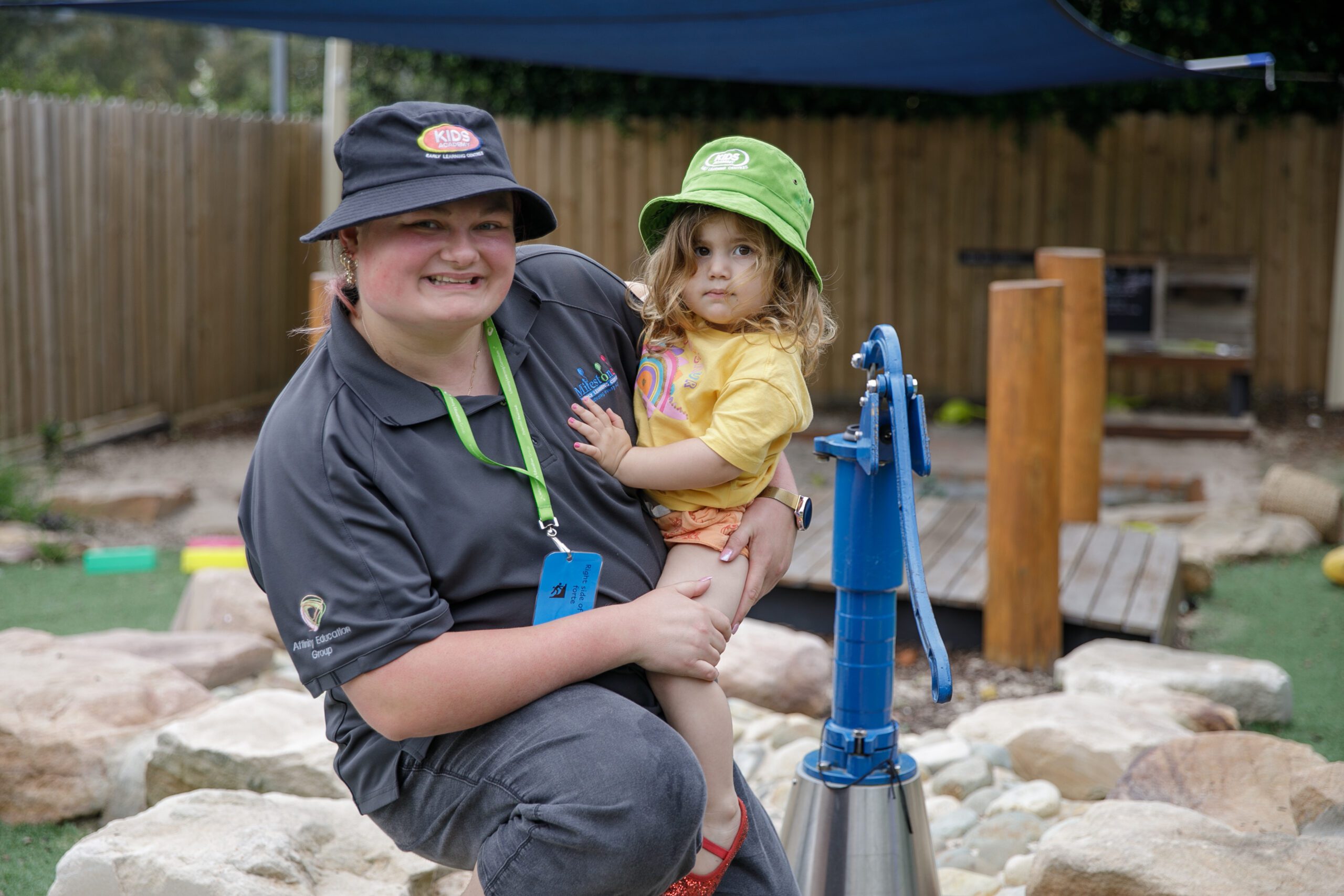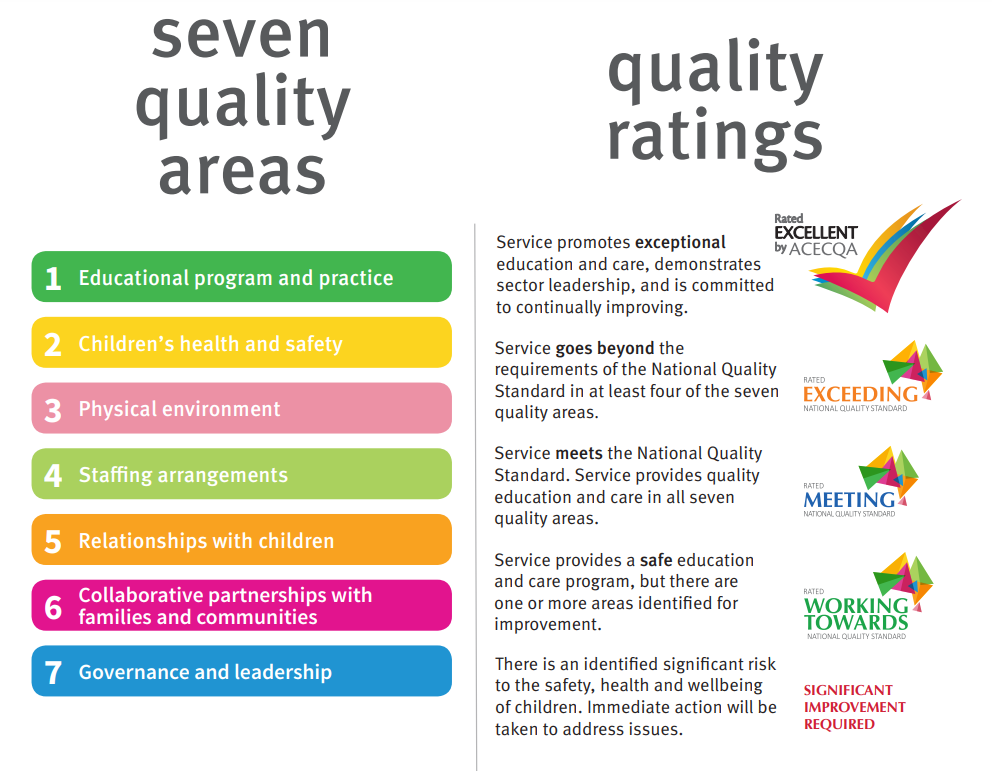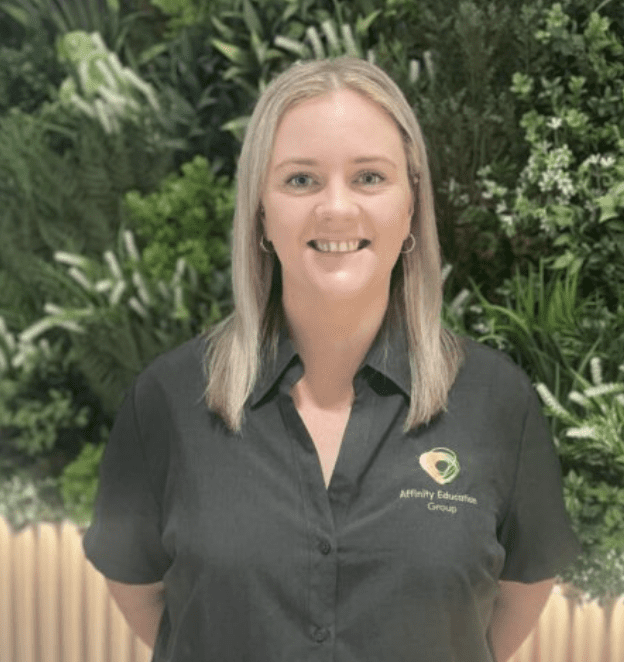
Welcome to the fourth installment of our National Quality Standards seven-part series, where we provide an in-depth look into the seven quality areas benchmarked against the Australian Children's Education and Care Quality Authority (ACECQA) standards.

Quality Area 4 of the National Quality Standard focuses on the provision of qualified and experienced educators who build secure, respectful and reciprocal relationships with children and young people. Area 4 focuses on creating predictable environments and encourages children’s active and meaningful engagement and participation in the learning program. A collaborative and ethical culture where professional standards guide all aspects of practice is critical to a quality service.
National Quality Standard – Quality Area 4 Staffing Arrangements
Quality Area 4 has two Standards that focus on the organisation and professionalism of educators, staff and management. These Standards are crucial to delivering quality outcomes for children under the National Quality Framework because:
- Professional and collaborative relationships between management, Educators and staff support continuous improvement, leading to improved learning experiences and outcomes for children
- Careful organisation of staff contributes to the continuous support of each child’s learning and development in an effectively supervised environment
- Professional standards set quality benchmarks for Educators’ practice and relationships.
Standard One - Staffing Arrangements
Having sufficient educators and staff members available at all times when children are present, enables the service to deliver quality education and care programs that respond to and promote all children’s learning, development and wellbeing.
Educators are likely to be responsive, purposeful and reflective when staffing arrangements at the service enable them to direct their full attention to their work with children, and when they do not have to attend simultaneously to other tasks.
Responsive learning relationships are strengthened as educators and children engage and learn together. The service is encouraged to arrange staff in ways that support positive experiences for all children at the service at all times.
Standard Two - Professionalism
Professionalism is demonstrated when management, Educators and other staff develop and maintain relationships with each other that are based on the principles of mutual respect, equity and fairness. Team collaboration that is based on understanding the expectations and attitudes of team members, and build on the strength of each other’s knowledge, help nurture constructive professional relationships. These relationships reduce the likelihood of misunderstanding and conflict. For more information see Early Childhood Australia’s Code of Ethics (2016), a resource that guides the behaviour of early childhood professionals.
When adults communicate effectively and respectfully with each other they promote a positive and calm atmosphere at the service, supporting children to feel safe and secure and contributing to the development of positive and reciprocal relationships between children and educators. Unresolved and poorly managed conflict between adults in the service affects morale and impacts on the provision of quality education and care to children.
Collaborative leadership and teamwork are founded on professional and respectful conversations about practice. Educators respect and engage with different ways of thinking and working as a team to critically reflect on practice. When Educators communicate effectively and share ideas about practice, children’s learning, development and wellbeing is optimised (Early Years Learning Framework; Framework for School Age Care).
If you would like further information about Quality Area 4 and how the staffing arrangements within our centres support your child’s learning, please have a chat to our team, or find a centre HERE.
